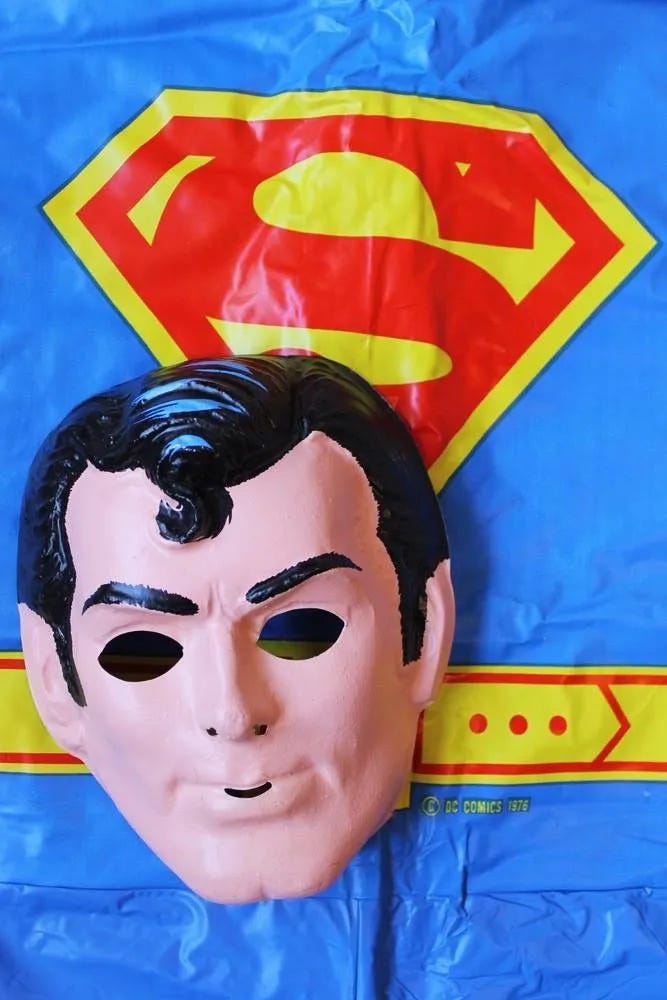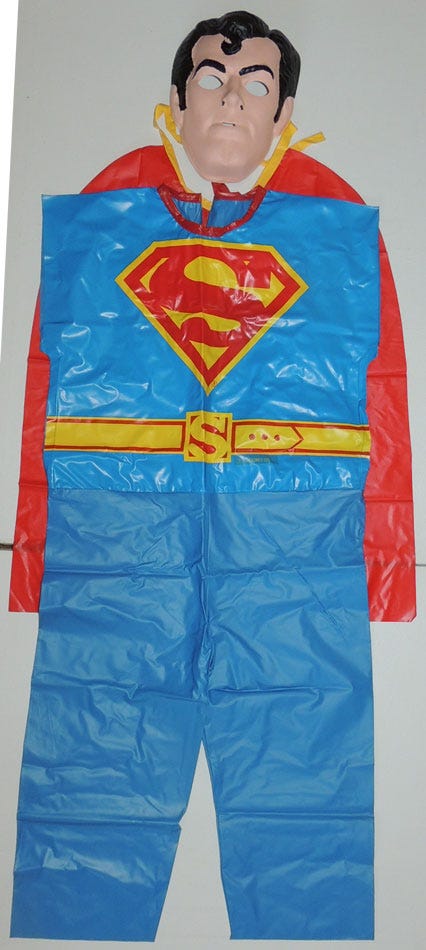Good news if you enjoyed This Kind of Man: I’m about 3/4 through another collection which is not a follow-up so much as a companion piece, the stories both topically and thematically linked via an ongoing assessment of toxicity, masculinity, and alienation—more on that, soon-ish.
I’ve also continued to track our sociopolitical psychoses, all of which were brought into sharp, unwelcome, unavoidable relief during the November election. Of course, my writings on these matters predate Trump; they extend back into the previous century, proving that men behaving badly, late-stage capitalism as endgame and ambush, and an info-overload world that causes (paradoxically and by design) people to feel isolated are not new phenomenon.
I’m still contributing to the ongoing project that explores American cultural history via famous (and infamous) people, but I’m also writing more poetry about men, fathers, masculinity, and…faith. I have a nearly-completed and polished full-length collection just about ready for prime time: the working title was “What Gets Heard When Men Won’t Speak” (more about that poem, and the poem itself, here), but the current title is named after another poem, “Superman, My Father.” That poem recently was featured at The Good Men Project, and I once again offer them my gratitude for being a safe and receptive place for my musings.
In 2025, I’ll be creating separate Substack platforms to showcase and preview more from both poetry-focused projects mentioned above; 1455’s e-zine Movable Type will also be relocating—and upgrading—to Substack so we can at once cultivate a wider readership and, hopefully, publish more frequently (stay tuned for info!).
Superman, My Father
It’s a bird…it’s a plane…no, it’s my father
fresh out of the phone booth and larger than his life,
which seems complicated, but not quite
like leaping a tall building in a single bound.
These recurring dreams are urgent ones,
and what’s odd is that my old man doesn’t
need any help: he has always understood
the role and never forgotten his lines.
He always seems angrier when I see him this way,
which is at once for the best and unfortunate—
assuming dreams signify something
we can’t fully grasp when we’re awake.
What did I do wrong, anyway?
Everything, as always.
That’s how dreams work;
this is how families are.
Seemingly all our ancestors have assembled
to watch him scream at me, as usual:
the bit he was born to play, humiliating me
in front of the entire room or Hell,
if this is a movie, maybe the whole world.
All those scripts, all the heroes & villains,
these actors who go on to play other parts,
and I know one day it’ll be me taking care
of my pops, neither of us made of steel.
And it occurs to me he’s had Superman dreams
himself, which means his father must have been
the black & white TV version, meaning older men
from an older school lived only in library books.
Superman and Jor-El—now there’s something,
but fathers and sons have confounded one another
ever since Adam oversaw his angry offspring,
and later, the Son of God and whatever went unsaid
in Gethsemane, Original Sin the apple of Our Father’s Eye.
(Is it worse to wind up in a wheelchair,
or ruined by the role, failure the worst
kind of kryptonite, causing even the strongest
crusaders to crave a fortress of solitude?)
I’m trying my best, we want to say.
So am I, our fathers might reply.
Every dad’s an understudy, preparing
for the day his boy looks up at him,
certain he’s invulnerable, understanding,
at last, he’s simply a guy wearing glasses.
Can’t you do that trick where you turn back
time? Can you fly fast enough to remake the world?
Waking up I feel the weight of all reality
and, growing old faster than a speeding bullet,
I resume the role already written for me.
(*This poem alludes to both 20th Century actors most famous for playing Superman on screen, both of whom suffered tragic deaths: George Reeves died of a (controversial) self-inflicted gunshot wound to the head, and Christopher Reeve was paralyzed during a horse riding accident.)






